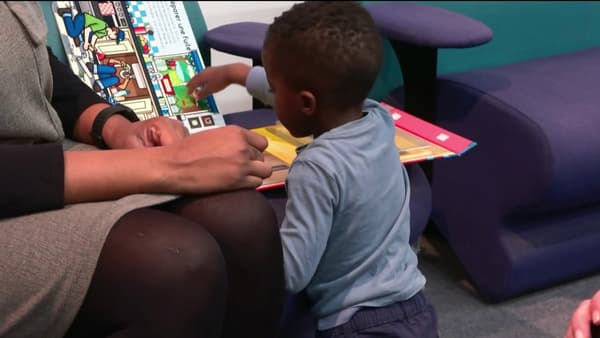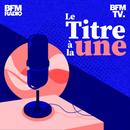At two and a half years old, nothing distinguishes Ibrahima from children his age. However, she suffers from spinal muscular atrophy, a rare genetic disease that affects between 80 and 100 children a year, according to the AFM-Téléthon, whose 37th edition begins this Friday, December 8.
“The risk of suffering from spinal muscular atrophy is generalized muscle weakness,” explains Flavia, Ibrahima’s mother.
This muscle weakness, which affects motor skills and respiratory function, can appear “from birth or in the first months of life, in children, more rarely in adolescents or even in adulthood,” the website states. of the AFM-Téléthon.
Ibrahima’s parents were tested during pregnancy after several cases were detected in their families. A repeat test at the child’s birth that was positive.
“It’s like I’m not sick.”
Like 3,000 children around the world, Ibrahima was able to benefit from gene therapy drugs, which were first administered seven years ago, thanks to Telethon donations. He was treated six weeks after he was born.
The researchers estimated that it would be necessary to treat it before the first signs of the disease appear, because in 95% of cases, children affected by the most severe form do not survive more than two years.

“This is a gene therapy that consists of administering a genetic transporter intravenously,” Serge Braun, scientific director of AFM-Téléthon, explains to BFMTV. “Then you deliver the missing gene and at that point the neurons will function normally, they will survive. It’s like you’re not sick.”
A treatment that brings hope to his mother, Flavia.
“When I knew that I would be able to be treated and as soon as possible, all hope returned,” he confesses.
“Today, as we can see, he jumps, runs, dances,” Ibrahima’s mother rejoices.
To support rare disease research, you can dial 3637 or make a donation at don.telethon.fr.
Source: BFM TV


